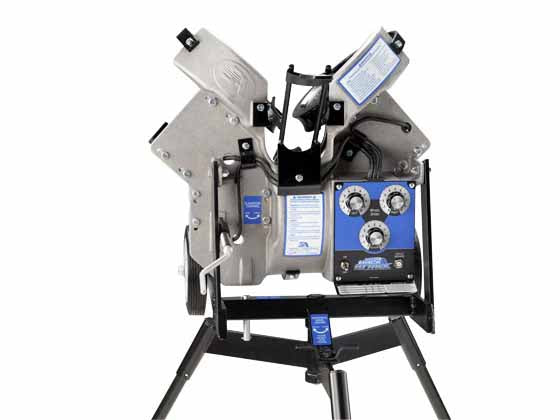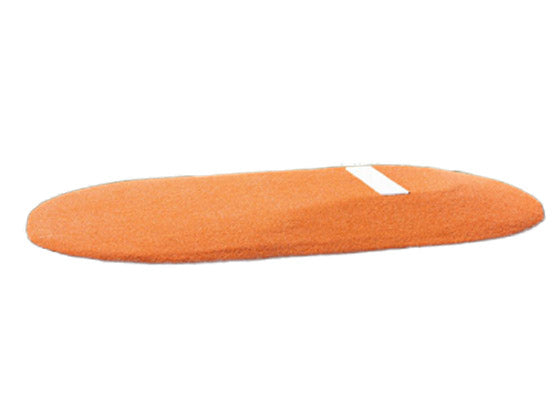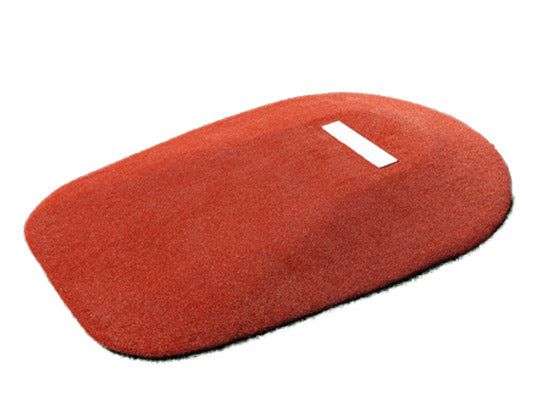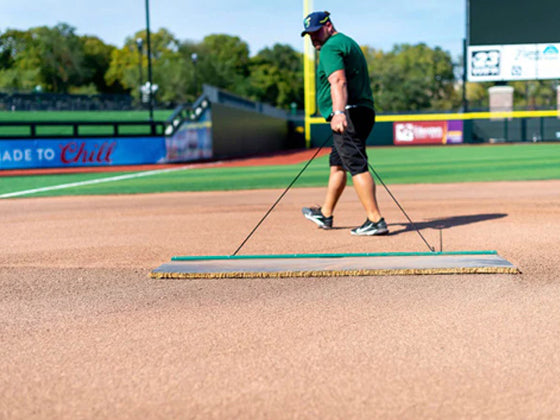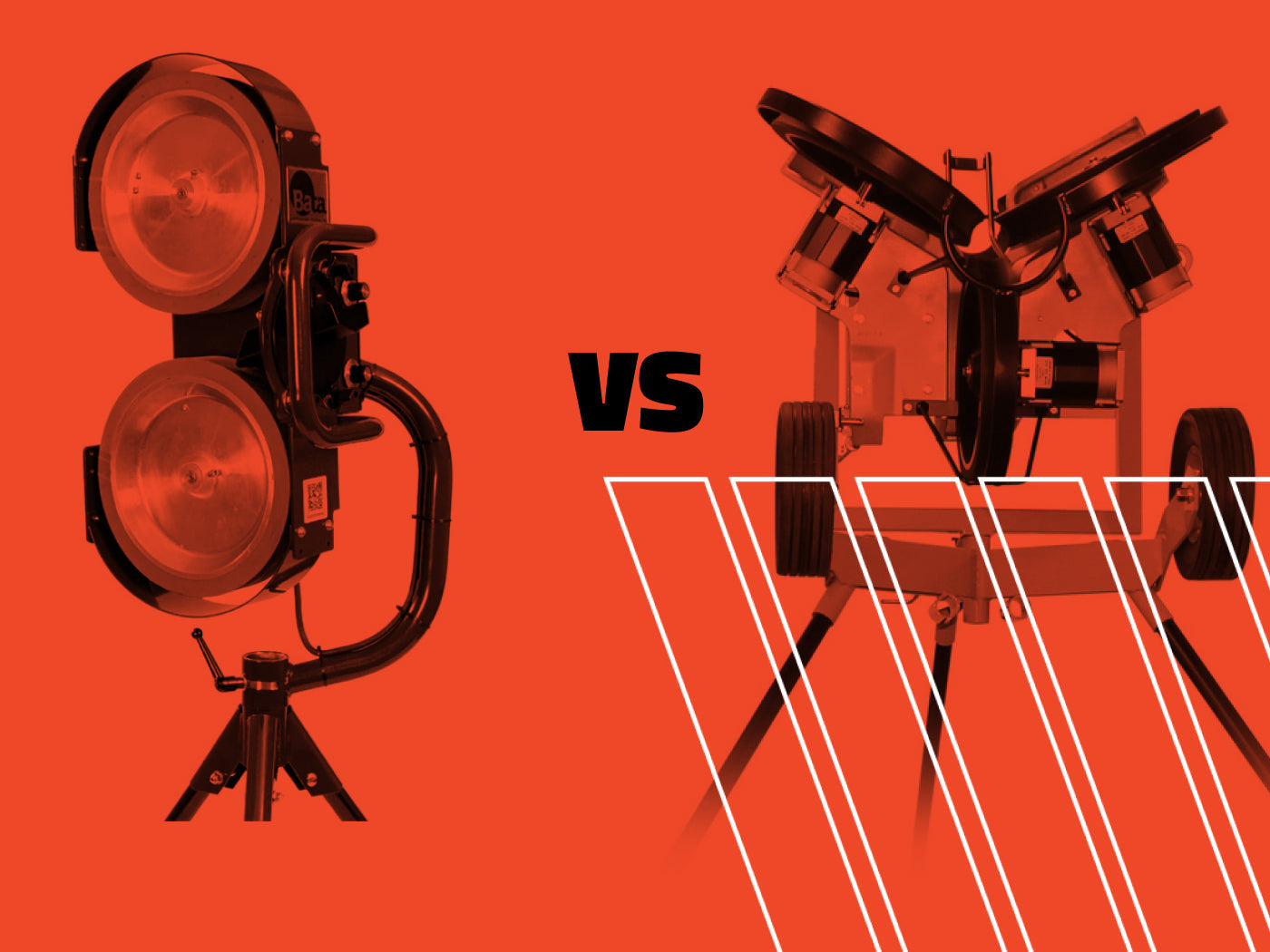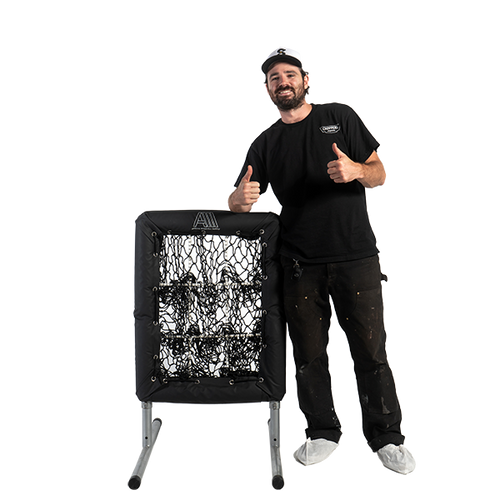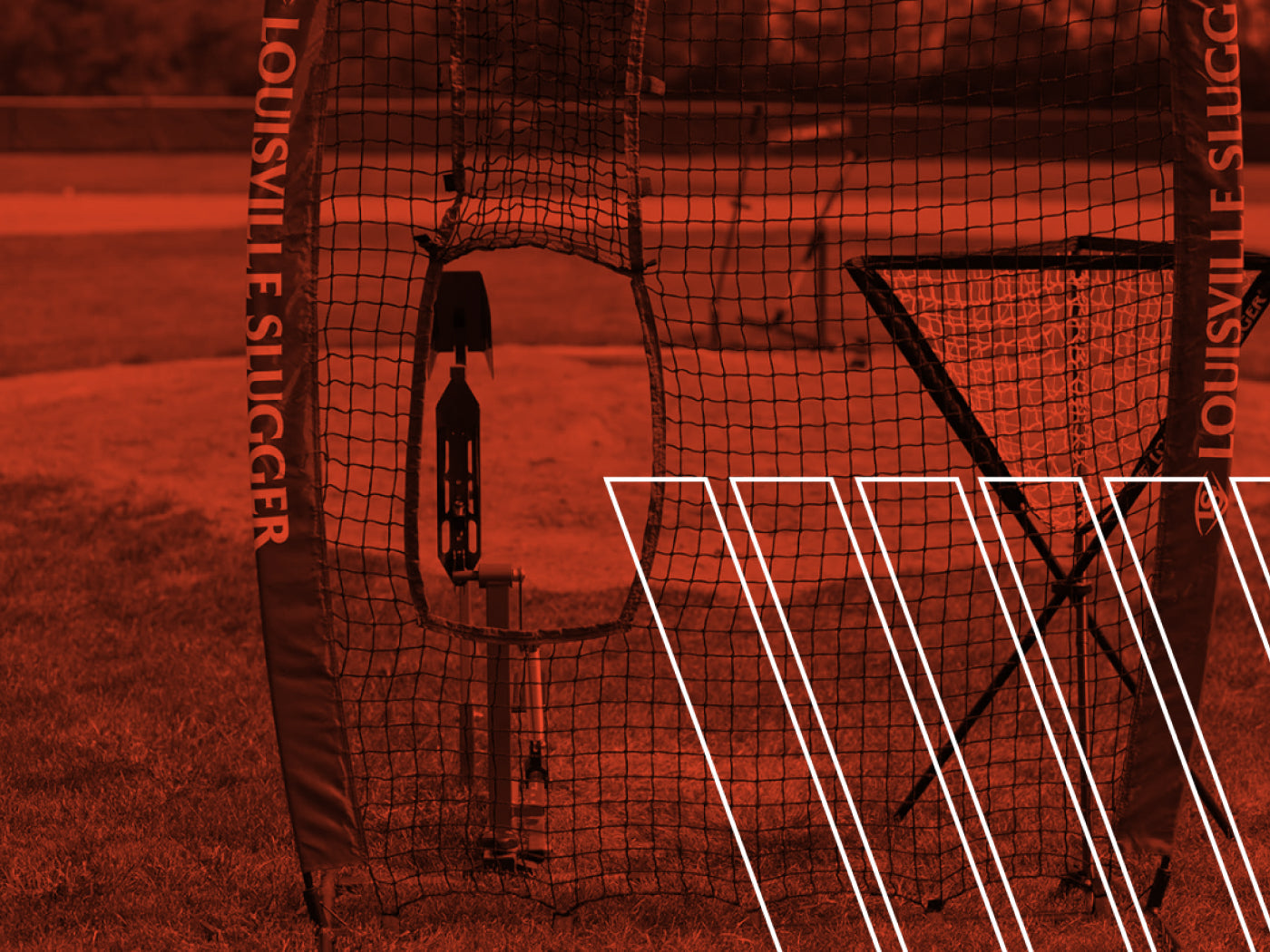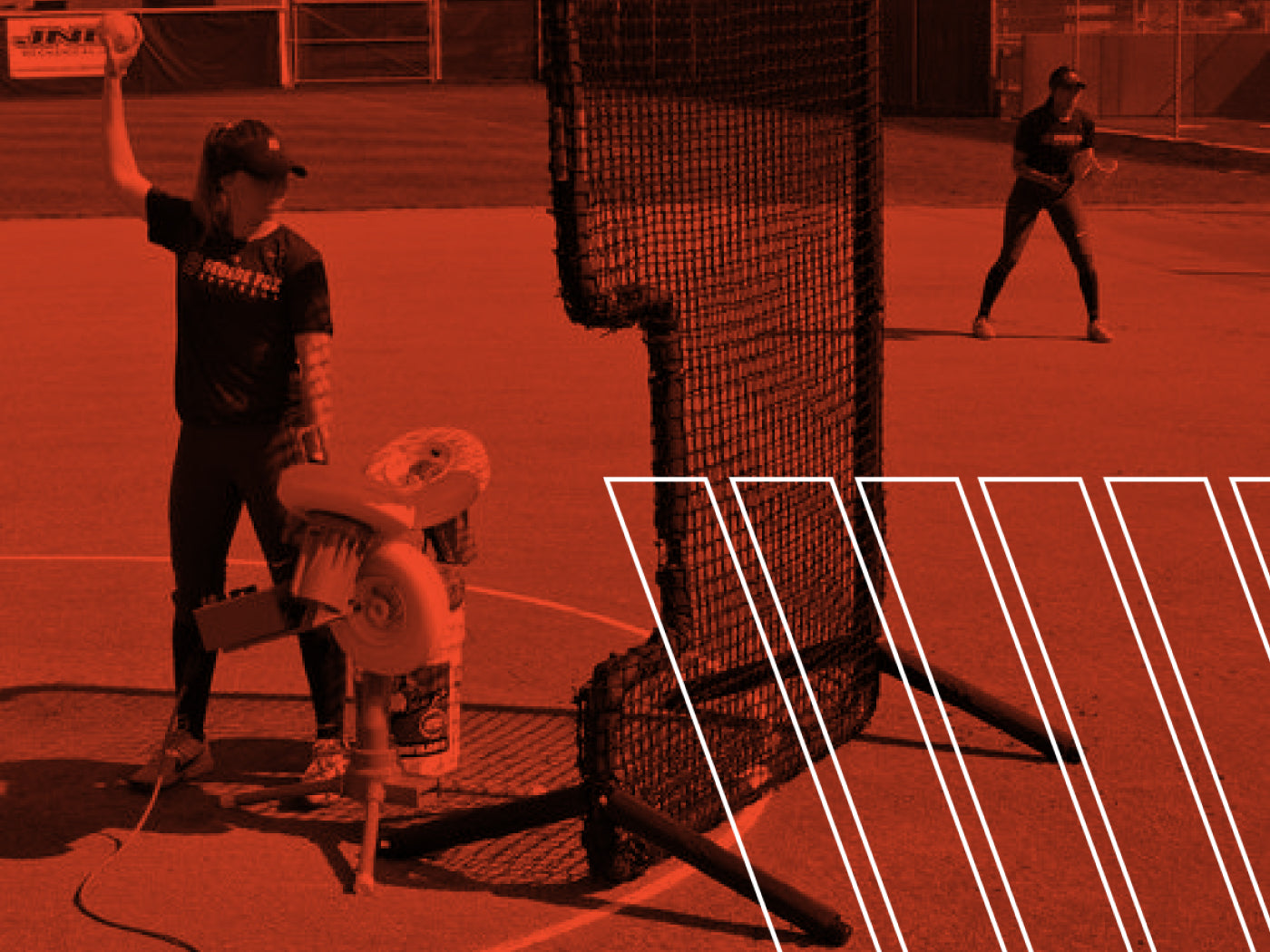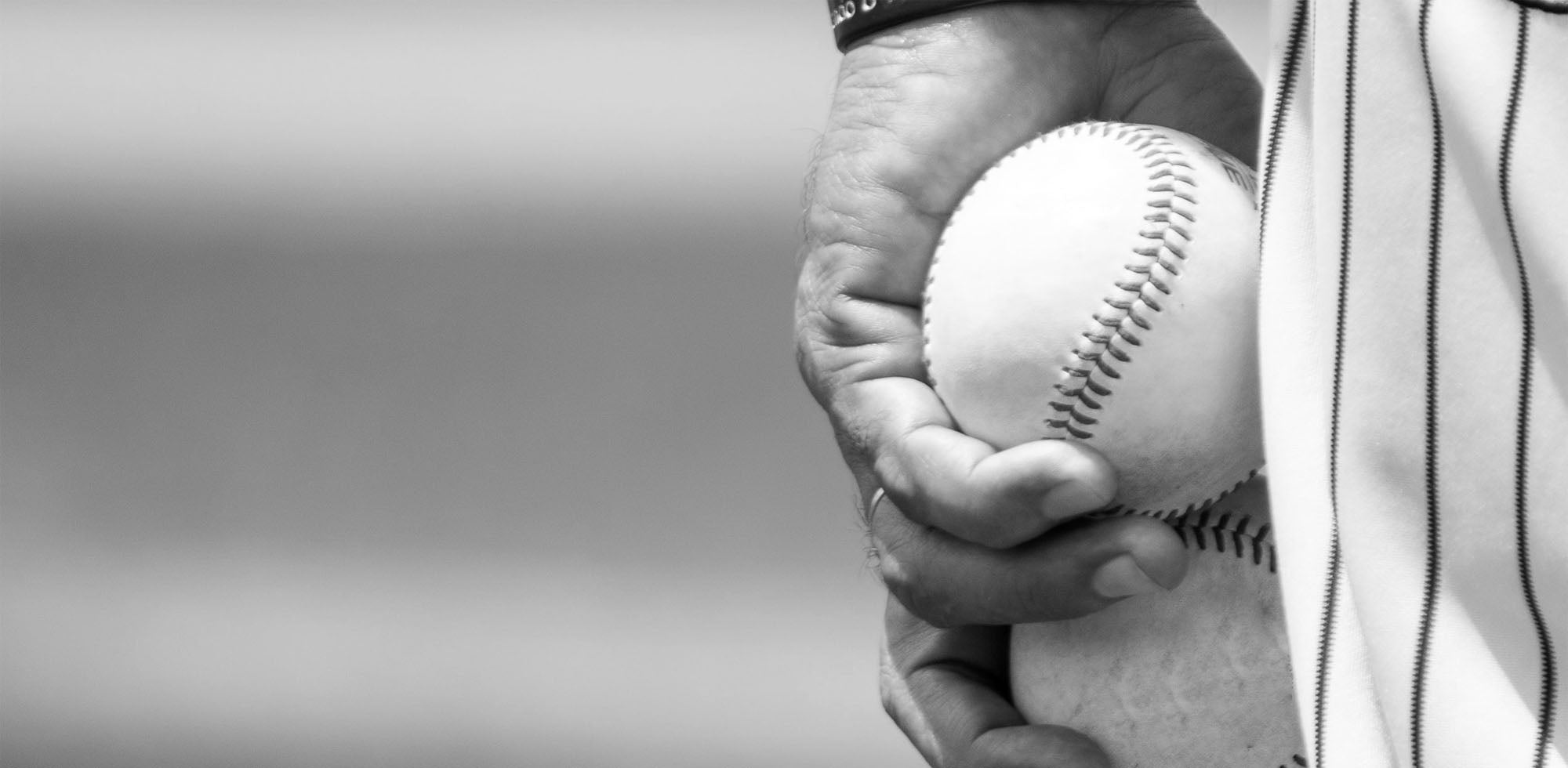Whether you’re a seasoned coach or a dedicated parent helping your child improve their game, you know that consistent, quality practice is key. A few things can elevate those training sessions, such as a reliable pitching machine for baseball and softball. This is especially true if you are debating between two-wheel and three-wheel pitching machines as they are the most popular machines on the market. In this guide, we’ll break down the differences between 2-wheel and 3-wheel pitching machines, compare top-rated models, and help you choose the best option based on your skill level, training goals, and budget.
Understanding Pitching Machines
Pitching machines are designed to be a valuable asset for baseball training, all owing players to fine-tune their swing mechanics, timing, and hand-eye coordination without the pressure of a live pitcher. Pitching machines help players build confidence and consistency at the plate while providing repeatable delivery for skill development. But with a variety of pitching machines available, it’s easy to feel overwhelmed when trying to select a machine.
owing players to fine-tune their swing mechanics, timing, and hand-eye coordination without the pressure of a live pitcher. Pitching machines help players build confidence and consistency at the plate while providing repeatable delivery for skill development. But with a variety of pitching machines available, it’s easy to feel overwhelmed when trying to select a machine.
How do you choose a pitching machine for your specific needs? A common decision point lies in choosing the right pitching machine between a 2 wheel and three wheel pitching machine. Understanding the differences in design, performance, and suitability for different skill levels can make all the difference in your training. And if you are looking for pitching machines available online, we have some quality stock waiting for you.
Two-Wheel vs Three-Wheel Pitching Machines: Key Differences
This section aims to give you a comprehensive understanding of the two main types of machines and which machine is ideal for you. We will break down their mechanics, performance variations, unique features, and the cost of owning each type of pitching machine.
How Two-Wheel Pitching Machines Work
Two-wheel pitching machines operate using, you guessed it, two spinning wheels with independent motor control. The ball is fed between these wheels, and the wheel speed at which they spin dictates the speed of the pitch. These wheels are usually positioned at a slight angle, creating a backspin on the ball that simulates a fastball.
Popular models like the Spinball Wizard 2-Wheel demonstrate this wheel design perfectly, delivering consistent speeds from 40-100 MPH. The Heater Sports Deuce series uses similar mechanics but with different speed capabilities designed for various skill levels.
However, with fewer wheels and a more basic design, two-wheel pitching machines generally offer a limited range of pitch styles and less control over movement. They are typically easier to operate, maintain, and transport. Shop our complete range of two-wheel pitching machines.
How Three-Wheel Pitching Machines Work
Three-wheel pitching machines use three independently controlled spinning wheels, each driven by its own motor and speed dial. As the ball passes through the wheel configuration, it’s compressed and launched with precise spin control determined by your individual wheel speed settings.
The key difference when comparing two-wheel and three-wheel pitching machines is that the three-wheel machine offers more control over the ball’s trajectory and spin. They accommodate both baseball and softball and allow for a wider range of pitches like fastballs, curveballs, and sliders, more closely mimicking a live pitcher and creating a breaking ball.
Machines like the Junior Hack Attack and Jugs BP3 showcase this technology by adjusting individual wheel speeds and pressure to achieve precise spin variations. These machines are typically more complex to operate than their two-wheeled counterparts. However, that complexity often translates to versatility, making them a more valuable investment for serious players looking for diverse training experiences. Explore three wheel pitching machines in our premium collection.
Performance Comparison: Speed, Variety, and Accuracy
Understanding the performance difference between two-wheel and three-wheel pitching machines is crucial to making the right machine choice for your needs. The two-wheel machine excels in delivering straight fastballs at varying speeds, typically ranging from 40-100 MPH depending on the model. This makes them suitable for basic batting practice and for players learning to hit for power and accuracy.
Take the Spinball Wizard 2-Wheel Machine, for example—it delivers consistent fastballs across this full speed range with remarkable precision. Meanwhile, the Heater Sports Deuce 75 tops out at 75 MPH, perfect for youth players transitioning to faster pitching speeds.
However, their limitation lies in their inability to produce diverse pitch types like curveballs or sliders. For those advanced breaking ball capabilities, you’d have to look for machines with three-wheel technology. These versatile machines are ideal for advanced training, helping batters adapt to different pitch movements and refine their hitting techniques in realistic scenarios.
Three-wheel machines like the Junior Hack Attack can throw both 70-90 MPH fastballs and breaking pitches up to 80 MPH. The independent wheel speed control allows coaches to dial in specific curveball spin rates and slider break angles—something impossible with two-wheel designs.
In terms of speed, both machine options generally offer a broad range, often exceeding 70 miles per hour on the higher end. Professional-grade models like the Jugs BP3 can reach 90 MPH while maintaining pinpoint accuracy. This range allows hitters to challenge themselves and refine their swing timing mechanics. The primary difference here lies in control and pitch variety.
Motor configuration plays a huge role in performance differences. Two-wheel pitching machines use dual independent motors that create backspin for realistic fastball action. Three-wheel machines add a third motor for lateral spin control, enabling authentic curveball rotation and slider movement patterns.
Accuracy, a vital aspect of effective pitching machines for baseball, also shows differences. Two-wheel pitching machines, while often perceived as less accurate due to their basic design, can still achieve reliable consistency—especially models with precision wheel alignment like the BATA-2 Pitching Machine. Three-wheel machines offer higher accuracy levels. This is largely due to their advanced wheel geometry that enables finer adjustments to trajectory and movement, providing a greater level of precision for game-like simulation.
For advanced buyers, hack attack vs spinball wizard 3 pitching machine compares two top 3‑wheel systems on speed control, portability, and warranty.
2-Wheel vs 3-Wheel Pitching Machines: Side-by-Side Comparison
|
Feature |
2-Wheel Pitching Machine |
3-Wheel Pitching Machine |
|
Pitch Types |
Fastballs only (some curveball options) |
Fastballs, curveballs, sliders, changeups |
|
Speed Range |
Up to 100 MPH |
Up to 90 MPH |
|
Complexity |
Simple to operate |
Advanced control options |
|
Ideal For |
Youth, beginners, rec leagues |
Advanced players, high school, pro |
|
Price Range |
$799–$1,899 |
$2,469–$5,319 |
Best Models Comparison
Top 2-Wheel Options
Spinball Wizard 2-Wheel Machine ($2,199.00 $1,899.99)
- Speed Range: 40-100 MPH
- Features: Full angle rotation, baseball and softball combo, 5-year warranty
- Best For: Cost-effective training with curveball pitching capability, built in USA quality
Heater Sports Deuce 75 ($849.99 $799.99)
- Speed Range: Up to 75 MPH
- Features: Dual-wheel variable speed, 12-ball feeder, pivot head
- Best For: Budget-friendly training, reliable delivery for youth players
Top 3-Wheel Options
Junior Hack Attack ($2,999.00 $2,469.05)
- Speed Range: 70-90 MPH fastballs, breaking pitches to 80 MPH
- Features: Pivot-head for multi-drill use, 2-year motor/wheel warranty
- Best For: Advanced breaking ball training, professional-grade accuracy
Jugs BP3 Baseball Pitching Machine ($4,749.00)
- Speed Range: 40-90 MPH
- Features: Throws 9 pitch types, digital speed control, changeup capability
- Best For: Complete pitch repertoire, team training programs
If you’re torn between Sports Attack’s two flagships, read jr hack attack vs hack attack pitching machine for a head-to-head breakdown.
Training Applications: What Makes Each Machine Unique?

Let’s look at the specific benefits each machine offers based on training requirements. Two-wheel pitching machines are favored for beginners due to their simplicity. They are also popular for warm-up routines, soft toss drills, and fundamental swing development.
Specific training scenarios where two-wheel pitching machines excel include fastball timing practice, contact hitting drills, and hand-eye coordination development. The consistent backspin helps players develop proper swing plane mechanics.
Conversely, three-wheel machines are preferred for more specialized training, replicating game-like scenarios and challenging hitters to adjust to unpredictable pitch movements. This ability to diversify practice routines is invaluable as players progress to higher skill levels. The curveball pitching and slider capabilities prepare batters for real game situations. Check out our full guide on choosing the best pitching machine by skill level.
Which Machine Fits Your Needs?
Youth Baseball Programs (Ages 8-12)
Two-wheel pitching machines like the Heater Sports Deuce 75 work best here. The speed range is appropriate for developing players, operation is simple for coaches and volunteers, and they’re cost-effective for league budgets. Many pitching machines in this category are designed specifically for pitching machines for little league use.
Coaching on a tight budget? The louisville slugger blue flame pitching machine review shows what a sub‑$200 arm‑style unit can (and can’t) do.
High School & Competitive Travel Teams
Three-wheel machines like the Junior Hack Attack are ideal. Breaking ball practice becomes essential for advanced competition, game-speed fastballs (70-90 MPH) prepare players properly, and versatile drill capabilities support comprehensive training. These machines can throw the variety of pitches that baseball and softball players face in competitive games.
Adult Recreational Leagues
Two-wheel pitching machines with higher speed capability make the most sense. You get consistent fastball delivery for batting practice, lower maintenance requirements, and better value for occasional use. Machines available in this category provide excellent value for recreational players.
Professional Training Facilities
Premium 3-wheel pitching machines like the Jugs BP3 or I-Hack Attack are worth the investment. Complete pitch repertoire simulation, programmable settings for different players, and durability for high-volume use justify the higher cost. These machines have become essential tools for serious training programs.
Two-Wheel vs Three-Wheel Pitching Machine Cost Analysis
Generally, two-wheel pitching machines are less expensive than three-wheel options. Entry-level models start around $799 (like the Heater Sports Deuce 75), while premium 2 wheel machines like the Spinball Wizard 2 cost around $1,899. If you’re working with a tighter budget or seeking a machine for little league or basic batting practice, a two-wheel pitching machine may be the right option for your needs.
Three-wheel machines typically range from $2,469 (Junior Hack Attack) to $5,319 (I-Hack Attack Programmable). However, it’s important to factor in value for your money and total cost of ownership when choosing the right pitching machine.
While they may require a higher upfront investment, the versatility, longevity, and training diversity offered by a three-wheel machine can provide long-term value. For example, some high-quality three-wheel pitching machines, like the Jugs BP3 or Hack Attack series, are built to withstand years of use and come with comprehensive warranties. The Junior Hack Attack includes a 2-year motor/wheel warranty, while Spinball models offer an impressive 5-year warranty.
For serious players, the cost per training session often favors three-wheel machines thanks to their advanced capabilities and long-term durability.
Ease of Use and Maintenance
When comparing the user-friendliness of two-wheel and three-wheel pitching machines, two-wheel pitching machines are generally considered more straightforward, requiring less setup time and fewer adjustments. Models like the Heater Sports Deuce series feature simple dial controls and quick ball loading.
However, the learning curve on a three-wheel machine is relatively quick, and many pitching machines are equipped with user-friendly interfaces for seamless operation. Modern three-wheel machines like the Jugs BP3 include digital speed displays and preset pitch programs that simplify operation.
Both types of machines typically require similar basic maintenance like cleaning, wheel inspection, and occasional part replacement. Three-wheel machines may require slightly more maintenance due to their additional motor, but quality models are designed for minimal upkeep.
Choosing the Right Pitching Machine Accessories
Beyond deciding on a two-wheel and three-wheel pitching machine, your training setup can benefit from incorporating the right accessories. Pitching machines give you the foundation, but accessories can amplify the effectiveness and enhance your practice sessions.
Essential Pitching Machine Accessories
Investing in pitching machine accessories is key to maximizing your training potential. Accessories, from batting cage frames to portable pitching mounds, can drastically improve your experience. Here are some must-have accessories:
Batting Cage Nets: A quality batting cage net provides a safe and controlled environment for practice, ensuring that the ball remains within a designated area. It is an essential safety measure for any batting practice setup.
Pitching Mounds: A portable pitching mound provides a realistic pitching elevation, allowing hitters to practice against a ball released from a natural throwing height.
Ball Feeders: A ball feeder attaches to your pitching machine, automating the ball delivery process and increasing the efficiency of your practice sessions. It eliminates the need for manually feeding each ball into the machine.
In addition to these essential accessories, consider investing in pitching machine balls specifically designed for use with pitching machines. These balls are often more durable and can withstand the high-velocity impact, ensuring a longer lifespan.
Matching Accessories to Your Pitching Machine and Skill Level
When selecting accessories, consider your pitching machine type. For instance, if you have a curveball pitching machine, you’ll need a cage that can withstand pitches that break both horizontally and vertically. Some accessories, such as certain types of pitching machine balls, might be better suited for two-wheel pitching machines than three-wheel ones, or vice versa.
Always choose accessories that align with your skill level and training goals. A high school baseball program, for example, might need a different grade of batting cage net than a young athlete who is just starting out with their first pitching machine.
Factors to Consider When Choosing a Pitching Machine
Choosing the best pitching machine comes down to assessing a few key factors.
1. Skill Level
Beginner players might find two-wheel pitching machines easier to handle initially. They provide a consistent stream of fastballs, ideal for developing basic hand-eye coordination and swing mechanics. Youth players benefit from the predictable pitch delivery while learning fundamental hitting techniques.
As players progress, a three-wheel machine’s ability to deliver curveballs and sliders becomes increasingly beneficial for developing advanced hitting skills. High school and competitive players need exposure to breaking balls to prepare for game situations.
2. Training Goals
Clearly define your training objectives. Are you aiming to improve swing speed, perfect timing, or practice hitting various pitch types? If you’re primarily focused on practicing fastball hitting, a two-wheel machine might suffice. However, for well-rounded skill development and game-like simulation, a three-wheel machine offers greater versatility.
Specific training goals that favor three-wheel machines include breaking ball recognition, pitch selection training, and advanced timing development.
3. Budget Considerations
Establish a realistic budget. Two-wheel pitching machines are typically more budget-friendly, making them accessible for casual players or those with budget constraints. Models range from $799-$1,899 for quality options.
While three-wheel machines come at a higher price point ($2,469-$5,319), they offer a greater return on investment with their advanced features and extended lifespan. Consider the cost per training hour over the machine’s lifetime when choosing the right pitching machine.
Top Pitching Machine Brands to Consider
Navigating the variety of pitching machines can be overwhelming. Here’s a breakdown of some top pitching machine brands known for their quality and performance:
Spinball Sports: Known for their innovative designs, such as the Spinball Wizard, Spinball Sports offers a lineup of pitching machines suitable for various skill levels. Their machines are recognized for their versatility and ability to simulate various pitch types, making them a favorite among coaches and players. Built in the USA with an impressive 5-year warranty.
Heater Sports: Heater Sports is recognized for producing durable and reliable pitching machines for baseball and softball. Their machines often come with impressive warranties, ensuring long-term use and peace of mind for players and coaches alike. Great value for budget-conscious buyers.
Sports Attack: Sports Attack provides a diverse lineup of pitching machines, catering to everyone from youth players to professionals. They are known for their high-quality, consistent performance, and the ability to simulate real-game pitching speeds and movements. The Hack Attack series represents industry-leading technology and machines that can throw professional-level pitches.
Iron Mike: Iron Mike is a renowned brand in the baseball and softball world, offering robust pitching machines designed for serious training. Their machines feature arm-style mechanisms, mimicking the natural motion of a pitcher, making them ideal for realistic batting practice.
Louisville Slugger: A household name in baseball equipment, Louisville Slugger offers pitching machines like the Blue Flame and Black Flame. Known for their simplicity, durability, and effectiveness, these machines cater to players of all levels. They provide reliable, consistent pitching, making them excellent training partners for developing swing mechanics and timing. We have a detailed comparison of blue flame vs black flame pitching machines by this brand.
Jugs: Industry veteran known for professional-grade machines like the BP2 and BP3 series. Digital controls, changeup capabilities, and exceptional durability make them favorites for serious training programs. Jugs machines are designed for both baseball and softball applications.
Need the brand landscape at a glance? Our pitching machine brand comparison charts strengths, warranties, and price bands across Jugs, Sports Attack, Spinball, and more.
When choosing the right pitching machine, it’s important to conduct thorough research and consider when choosing a pitching machine factors such as budget, desired features, and brand reputation. Reading customer reviews and consulting with experienced coaches can provide valuable insights into real-world performance of different pitching machines on the market.

 Contact Us
Contact Us